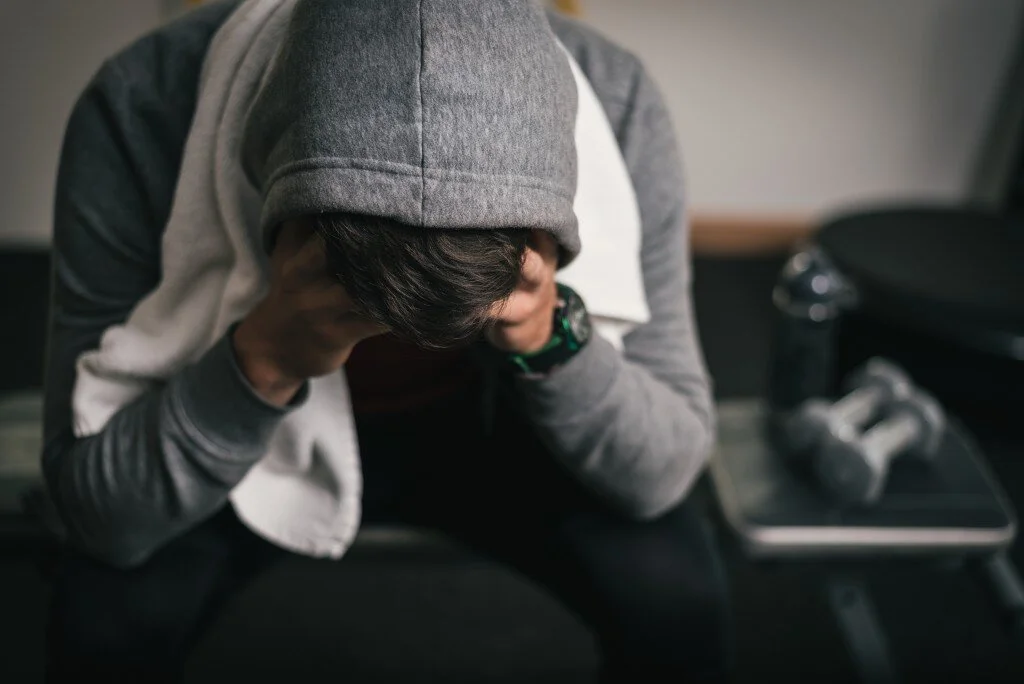The decision to stay involved with the team following medical disqualification/retirement can no doubt be a complicated one. On one hand, your teammates are your people and not having that same team connection would no doubt have an impact on your relationships, but on the other hand being present with a front row seat to watching others continue to compete when you no longer can do so personally, well that can feel flat out painful, if not torturous.
Read MoreInsightful articles for helping permanently-sidelined athletes find a meaningful way forward.
Whether you’re a coach, parent, athletic trainer, teammate or friend, knowing how you can help a sidelined athlete makes a huge difference in their healing process. Check out these quick tips to better support the sidelined athlete in your life.
Read MoreAs a former sidelined athlete I can tell you that guilt and shame were very specific feelings I experienced when I medically-retired. At the time, I really didn’t feel like I had the right to grieve and I was ashamed of how depressed I had become. I didn’t realize that it was normal - more importantly - that it was OKAY to be mourning the end of my athletic career. Changing the narrative starts with understanding where the guilt and shame behind medical retirement comes from.
An athlete’s natural mindset in performing is to overcome and defeat opponents. To win. But what happens when you can’t even compete?
Read MorePermanently sidelined athletes can expect to go through a grieving process as they adjust to their new reality of life beyond their sport. Research shows that most sidelined athletes experience the same stages of grief. Understanding what an athlete can expect to experience when coping with the loss of his/her sport can be a powerful piece of knowledge, both for the athlete and his/her family.
Read More

